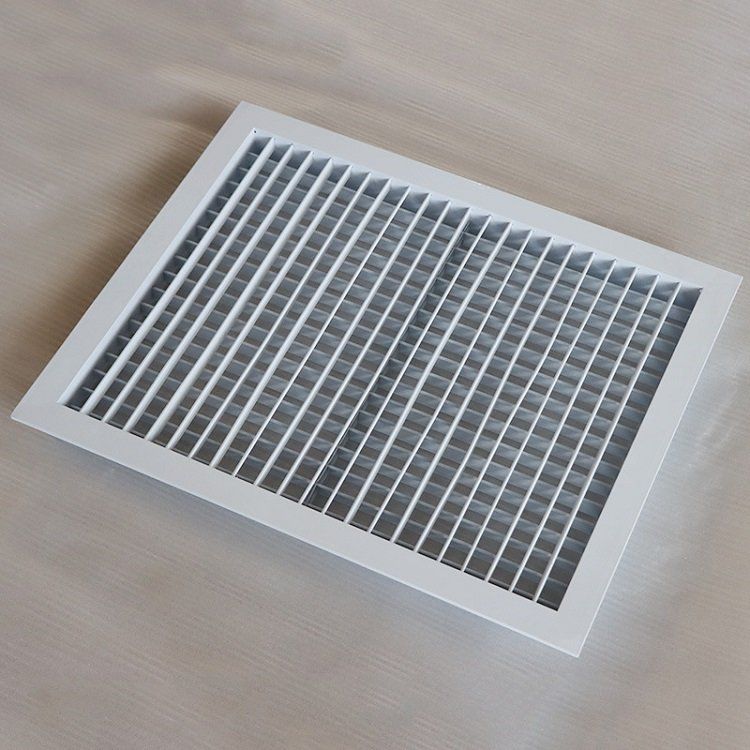The difference between plastic honeycomb grilles and metal grilles lies primarily in their material composition and resulting properties:


Material Composition: Plastic honeycomb grilles are made from plastic materials, typically thermoplastics such as polypropylene (PP) or polycarbonate (PC), formed into a honeycomb structure. On the other hand, metal grilles are made from metals such as aluminium, steel, or stainless steel, typically in a lattice or grid pattern.
Weight: Plastic honeycomb grilles are generally much lighter than metal grilles due to the lightweight nature of plastic materials and the hollow honeycomb structure. This makes plastic honeycomb grilles easier to handle, transport, and install compared to their metal counterparts.
Corrosion Resistance: Plastic honeycomb grilles are inherently resistant to corrosion, making them suitable for use in environments where exposure to moisture, chemicals, or harsh weather conditions is a concern. Metal grilles, especially those made from ferrous metals like steel, may be susceptible to rust and corrosion over time if not properly treated or coated.
Design Flexibility: Plastic honeycomb materials offer greater design flexibility compared to metal grilles. Plastic can be moulded or formed into various shapes, sizes, and configurations, allowing for customization to meet specific aesthetic or functional requirements. Metal grilles, while also customizable to some extent, may have limitations in terms of shaping and forming.
Thermal Insulation: Some plastic honeycomb materials possess thermal insulation properties, providing a barrier against heat transfer. This can be advantageous in applications where temperature control is important, as plastic honeycomb grilles can help reduce energy loss through ventilation systems. Metal grilles, being conductive materials, may transfer heat more readily and may require additional insulation measures.